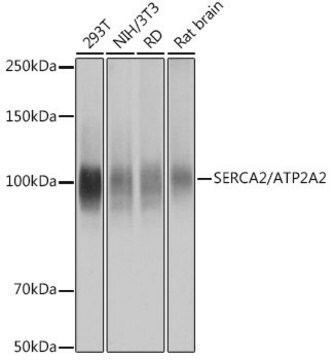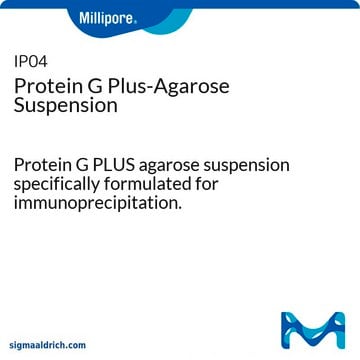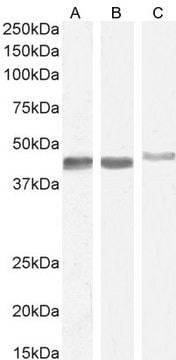S1314
Monoclonal Anti-SERCa2 ATPase antibody produced in mouse
clone 2A7-A1, ascites fluid
Synonym(s):
Anti-ATP2B, Anti-DAR, Anti-DD, Anti-SERCA2
About This Item
Recommended Products
biological source
mouse
Quality Level
conjugate
unconjugated
antibody form
ascites fluid
antibody product type
primary antibodies
clone
2A7-A1, monoclonal
mol wt
antigen 110 kDa
contains
0.05% sodium azide
species reactivity
guinea pig, human, canine, mouse, rat, rabbit
technique(s)
immunoprecipitation (IP): suitable
western blot: suitable
UniProt accession no.
shipped in
dry ice
storage temp.
−20°C
target post-translational modification
unmodified
Gene Information
human ... ATP2A2(488)
mouse ... Atp2a2(11938)
rat ... Atp2a2(29693)
General description
Immunogen
Application
Biochem/physiol Actions
Disclaimer
Not finding the right product?
Try our Product Selector Tool.
related product
Storage Class Code
12 - Non Combustible Liquids
WGK
WGK 2
Flash Point(F)
Not applicable
Flash Point(C)
Not applicable
Certificates of Analysis (COA)
Search for Certificates of Analysis (COA) by entering the products Lot/Batch Number. Lot and Batch Numbers can be found on a product’s label following the words ‘Lot’ or ‘Batch’.
Already Own This Product?
Find documentation for the products that you have recently purchased in the Document Library.
Our team of scientists has experience in all areas of research including Life Science, Material Science, Chemical Synthesis, Chromatography, Analytical and many others.
Contact Technical Service








